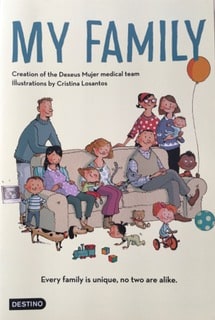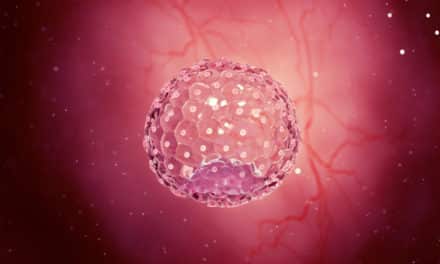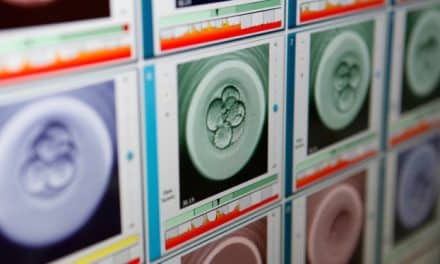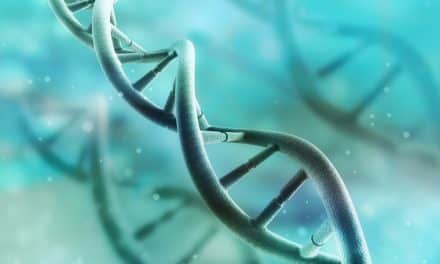When you conceive a child through an assisted reproduction treatment with donated gametes (oocytes, sperm or both) you may be wondering whether it is right to tell the child, at what age you should do it and what consequences it could have. In this post Fiammetta Grignolo, psychologist of our Psychology Unit, gives us some indications.
An assisted reproduction treatment with donated gametes can be a complex process for many people.
One of the most delicate phases of this experience is the decision to tell the child how he was conceived. The desire to protect the child from possible upsets and prejudices of others, or the fear that the relationship with the child may be affected, are some of the implications of this choice.
The perception of the lack of genetic constraints with the child is another aspect that parents worry about, when it comes to letting the child know he was conceived with gamete donation.
Thanks to epigenetic research, which studies the relationship between genetic and environmental influence, today we know that the environment in which the child grows, the affection and education received contribute to determining the values and characteristics that will be transmitted to him.
Overcoming these fears is not always easy, but many studies have shown that adopting a sincere attitude with the child and informing him about the way he was conceived is fundamental to build a family relationship based on trust and honesty.
Keeping gamete donation secret could cause significant psychological distress if the child later discovered, and not from his parents, a truth about him that has been hidden.
The appropriate age to deal with the subject of the donation is three – eight years. We recommend not to wait until adolescence or adulthood: a study conducted by the ESHRE in 2008 (European Society of Human Reproduction and Embryology) showed that children who have been informed after the age of 18 have experienced negative feelings and mistrust of their parents.
It is important that parents talk to their child about it, underlining not his origin, but their great desire to have him with them and the way the family has been created.
Trying to imagine the child’s possible questions will help them respond sensitively and confidently to his doubts and questions.
It must be explained to the child that there are different types of family and different ways to have a child.
Every parent must find its own way of dealing with this topic. The simplest form is to start with the affection you feel for your child, the intense desire of his birth and the happiness that he brought with his arrival.
Telling your child that he was conceived thanks to a donation is a path that begins in early childhood and proceeds as the child grows, gradually adapting the language to his understanding.
In this way the child will not have the memory of a particular “revelation” but will grow considering the donation as one of the aspects of his personal history, of which the family has always spoken freely.

A useful guide about this topic is the book My family (Dexeus Mujer and Editorial Destino Infantil & Juvenil).
Parents should propose to talk frequently about the donation with their child, to see how he lived and how he understood what he was told, and how his way of processing it is modified in the course of his cognitive development.
If the child perceives the donation as a topic he can talk about freely, he will ask new questions when he is ready to.











Hi, I am interested in to get this book as I have adopted two litlle babyes- two embryos. How can I get one? Thank you! Cristina
Dear Cristina,
Thank you so much for your comment!
Please check your inbox, we have just sent you an email.
Kind regards
This is a topic I have pondered over since having my little girl through egg donor IVF at Dexeus. How can I get a copy of this book? Is of designer to be read with your child or for parental guidance?
Kind regards
Dear Tracey,
Thank you for your comment!
Please check your inbox, as we have just sent you an email containing further information on how to get the book.
Regarding your 2nd question, the book has been designed for children, so of course, you can read it with your daughter.
Have a great day!